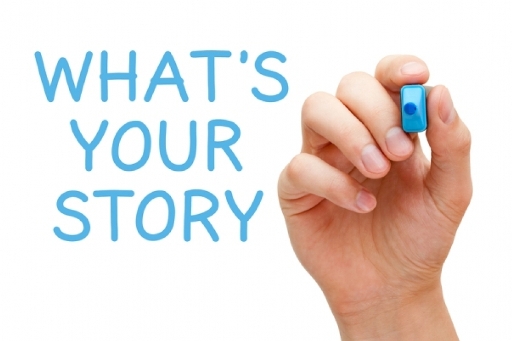You can discover more about a person in an hour of play than in a year of conversation.
Plato
Oftentimes our responses will focus on our jobs or our education background or where we live or used to live. Initially, there’s probably not a lot of depth to the answer. We keep things more at the surface. If we don’t really know the person enquiring, we just aren’t comfortable launching into the depths of our personal situations and backgrounds. At this point you’re probably asking “ OK, what does this have to do with Marketing Research?” Well, I think this… If a Researcher and their client do not know each other very well, the dialogue between the two – especially as it relates to any reporting and presentations – can be very superficial. The “story” that will be told will be one of mean rating scores, top box percents, preference shares, and so forth, all in isolation. (Very much akin to sharing what school you went to or what town you live in.) All of those earlier items are valuable and could be key data points in developing or altering a marketing strategy, but they are only a small part of the bigger story to which your research is contributing. What are the other components to the story that could help you to put these disparate pieces into a broader context? What clients want most often is a comprehensive understanding of not only specific metrics, but what they really mean in “the big picture” and how to leverage them to achieve their business goals and objectives.
The key to being able to deliver information on this level is developing a deep enough relationship with your client to where they don’t just expect the superficial answers in isolation of everything else. Rather, they look to you for a holistic story that incorporates the most recent data at hand with other data you may have collected, secondary data, and any additional information you may have gleaned just from being in a relationship with that client.
This got me to thinking… As we approach the end of another year, a time when we tend to reflect on the past 12 months and look forward to the next 12, do we really ask ourselves any kind of evaluative questions like this to check our progress? Or, do we just look back at the results and “wish” that they were better? The type of self-reflection required to do this can undoubtedly appear somewhat threatening. No one likes to look back and rehash things – particularly if they didn’t go well. The reality is though, if we don’t take the time to honestly evaluate what we’ve done and subsequently alter course accordingly, how can we expect the future to really be any different than the past?
How do we go about building these kinds of relationships? Not surprisingly, the answer isn’t really that different than it would be if we were talking about two people.
1 – Trust. You must work tirelessly to build the trust of your client. This has lots of dimensions; quality work, ethical behavior and a genuine interest and desire to understand who they are and what challenges they face. Once that trust is built, doors open that allow for a much deeper and more meaningful partnership.
2 – Actionable Advice Always. There are no “throw away reports” that “don’t really matter”. Everything matters. Each communication sends a message to the client about what we think of our relationship. As a client comes to know that they are always going to get insightful recommendations and solutions from you they will start looking to you more and more for guidance regarding their business issues and concerns.
3 – Availablility. Not just when a report is due. Not just on the day of the presentation. But all the time. When a client recognizes that you consider them a partner and that you are always available to consult, brainstorm or discuss any issue they may have, at any time, then you have the making for a healthy relationship.
As researchers we should be excited about building these relationships and being trusted to tell the whole story, not just small snippets. That’s where the fun is… that’s where you start to feel like you really are making a difference. That’s where you start living the concept of being ResearchWISE®.
~ Marketing Workshop
